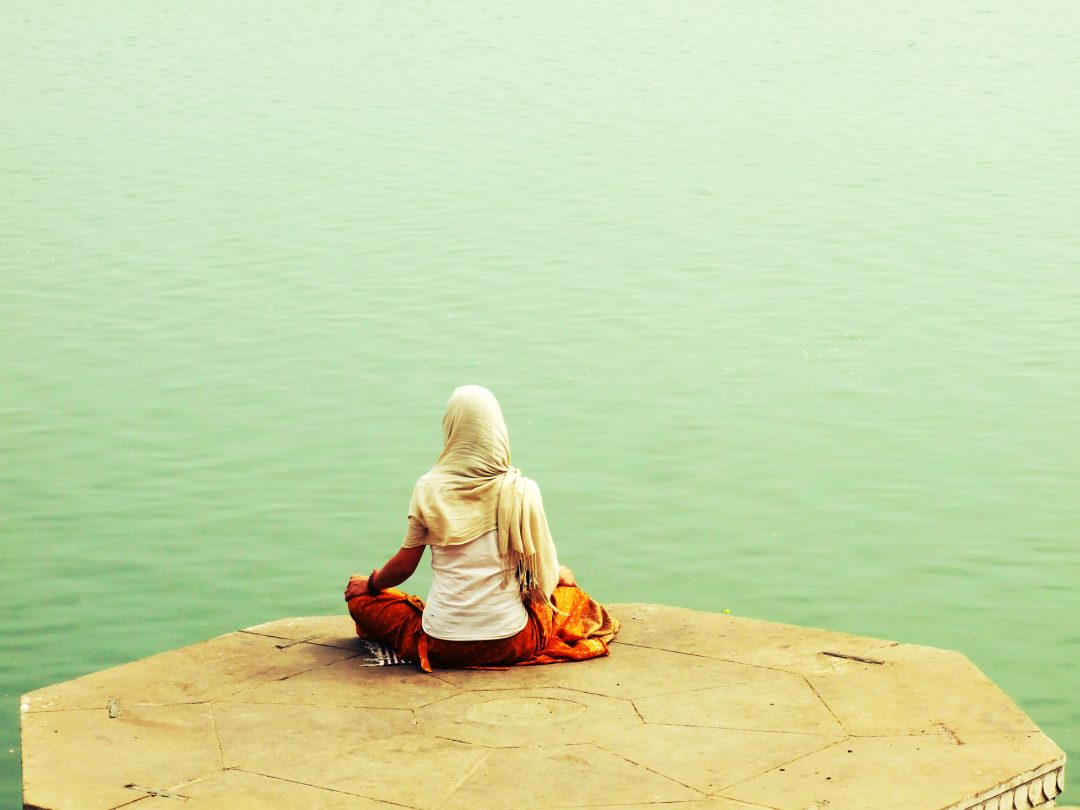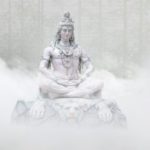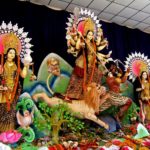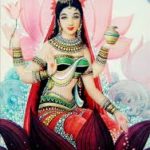The ultimate goal of life in Hinduism is “MOKSHA”. Another word for Moksha is “MUKTI”. Both these words literally mean liberation.
Liberation from what?
Liberation from the bonds of the material world.
Life in Hinduism is seen as a period of penance to which all living organisms are doomed and from which they all have a chance to liberate themselves so that they do not have to take a rebirth.
Hindus believe that there are 84, 00,000 species of organisms and one is born into a specific species depending upon what the organism has been doing in its previous life forms. For example, if a man does not lead his life according to “DHARMA” that is the prescribed duties for him according to Hinduism, he may land up being born as a snake or a dog or for that matter any other species depending on the nature of his misdeeds. On the contrary a snake or a dog or a member of any other species can be born into the highest form of life possible that is as a human being if it leads life according to Dharma.
The ultimate goal of Hinduism
I said that the ultimate goal of Hinduism is Moksha but there are other goals for which a Hindu lives and they are:
1. Dharma
2. Artha
3. Kama
Dharma is defined as that which sustains and it is a duty that sustains.
For example, a teacher makes a living by teaching, a doctor makes a living by treating and a servant makes a living by serving. All of them sustain themselves by doing what is expected of them and this is what Dharma means.
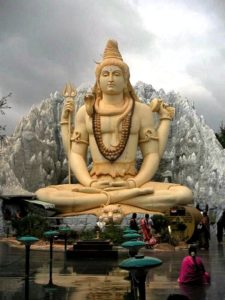 It has been misunderstood and misinterpreted as meaning “religion” but the original meaning of Dharma is a duty.
It has been misunderstood and misinterpreted as meaning “religion” but the original meaning of Dharma is a duty.
Artha means money. One of the goals of life in Hinduism as in any other religion is money.
And Kama means “Desire”. To fulfill all the human desires within the limits of social norms and limitations is also one of the goals of Hinduism.
To summarise, the goals of life in Hinduism are to lead a dutiful life and enjoy the pleasures that life affords within the strict boundaries of Dharma with the ultimate goal of freeing oneself from the cycle of rebirth, once and for all.

